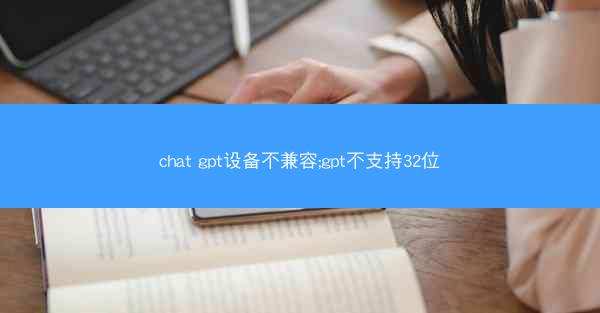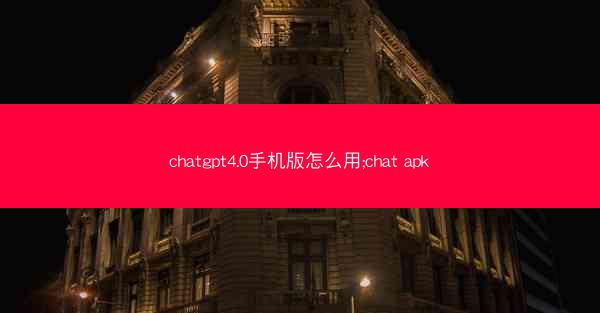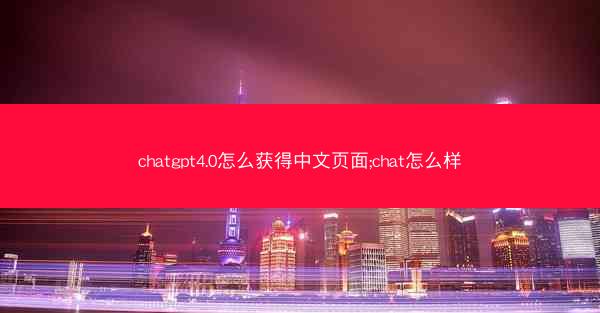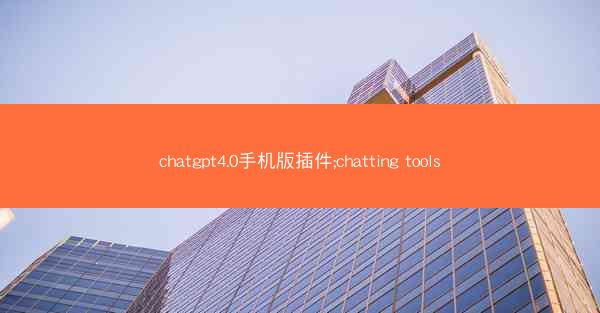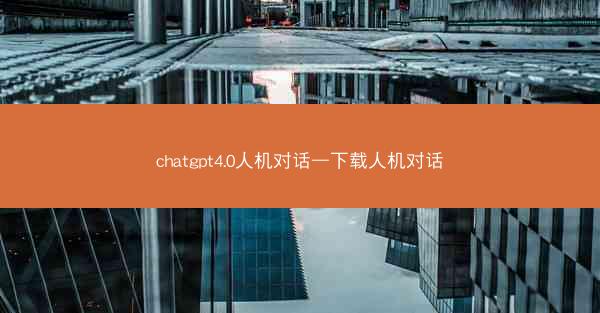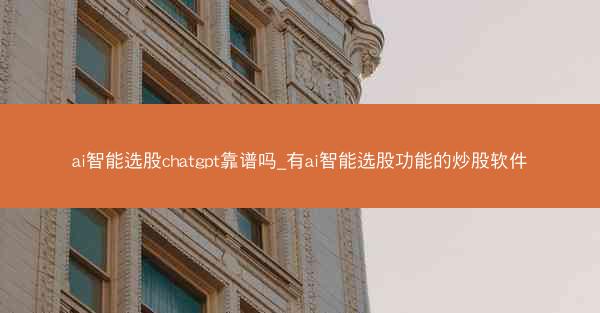
The Revolution of Literature Translation with ChatGPT 4.0: A New Era Unfolds
In the digital age, the translation of literature has undergone a remarkable transformation. With the advent of ChatGPT 4.0, a state-of-the-art language model, the landscape of literature translation is set to change forever. This article delves into the capabilities of ChatGPT 4.0 in translating English literature, exploring its impact on the industry, the challenges it faces, and the future it promises.
---
The Rise of ChatGPT 4.0: A Game-Changer in Translation
ChatGPT 4.0, developed by OpenAI, is a significant leap forward in natural language processing. With its ability to understand and generate human-like text, it has the potential to revolutionize the field of literature translation. This section explores the key features of ChatGPT 4.0 that make it a powerful tool for translating English literature.
1. Advanced Language Understanding: ChatGPT 4.0 boasts an unparalleled ability to comprehend complex linguistic structures, idioms, and cultural nuances. This ensures that translations are not only accurate but also culturally relevant.
2. Contextual Awareness: The model's contextual awareness allows it to maintain the integrity of the original text, ensuring that the translated work retains the author's intended message and tone.
3. Continuous Learning: With its ability to learn from vast amounts of data, ChatGPT 4.0 continuously improves its translation quality, making it a reliable and evolving tool for translators.
---
Enhancing the Translation Process: Efficiency and Accuracy
The integration of ChatGPT 4.0 into the literature translation process brings about several benefits, notably increased efficiency and accuracy. This section examines how the model aids translators in their work.
1. Streamlining the Translation Process: ChatGPT 4.0 can handle large volumes of text, significantly reducing the time required for translation. This allows translators to focus on more complex and creative aspects of their work.
2. Reducing Errors: The model's advanced error detection capabilities minimize the occurrence of grammatical and syntactical errors, resulting in higher quality translations.
3. Customization and Personalization: Translators can fine-tune ChatGPT 4.0 to suit their specific needs, ensuring that the translated text aligns with their personal style and preferences.
---
Challenges and Limitations: Navigating the Uncharted Waters
While ChatGPT 4.0 offers a plethora of advantages, it is not without its challenges and limitations. This section addresses the potential issues that arise when using the model for literature translation.
1. Cultural Misinterpretation: Despite its advanced capabilities, ChatGPT 4.0 may still struggle with certain cultural nuances, leading to potential misinterpretations.
2. Ethical Concerns: The use of AI in translation raises ethical questions about the role of human translators and the potential displacement of jobs.
3. Quality Control: Ensuring the quality of translations generated by ChatGPT 4.0 remains a challenge, as the model's output can vary significantly.
---
The Future of Literature Translation: A New Dawn
The integration of ChatGPT 4.0 into the literature translation industry marks the beginning of a new era. This section speculates on the future implications of this technological advancement.
1. Increased Accessibility: With improved translation quality, more literature will become accessible to a global audience, fostering cultural exchange and understanding.
2. Collaboration Between Humans and AI: The future may see a symbiotic relationship between human translators and AI, with AI handling routine tasks and translators focusing on creative and nuanced aspects of translation.
3. Global Impact: The widespread adoption of AI in literature translation could lead to a more interconnected world, where cultural barriers are gradually broken down.
---
In conclusion, the introduction of ChatGPT 4.0 in the field of literature translation is a monumental step forward. While it presents challenges and limitations, its potential to enhance efficiency, accuracy, and accessibility is undeniable. As we navigate this new era, it is essential to embrace the opportunities that AI offers while addressing the ethical and cultural considerations that come with it.
 TG纸飞机中文版
TG纸飞机中文版
